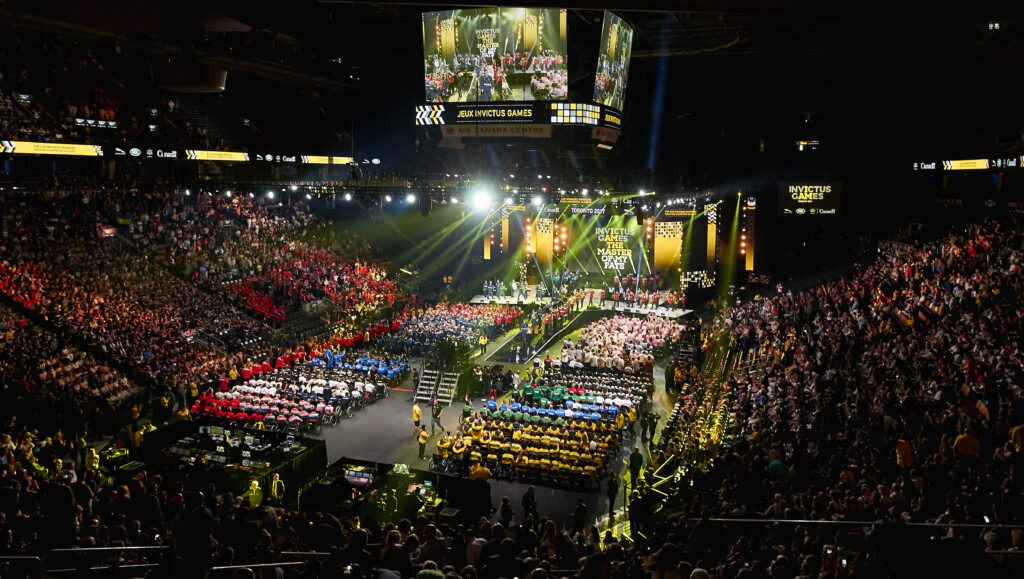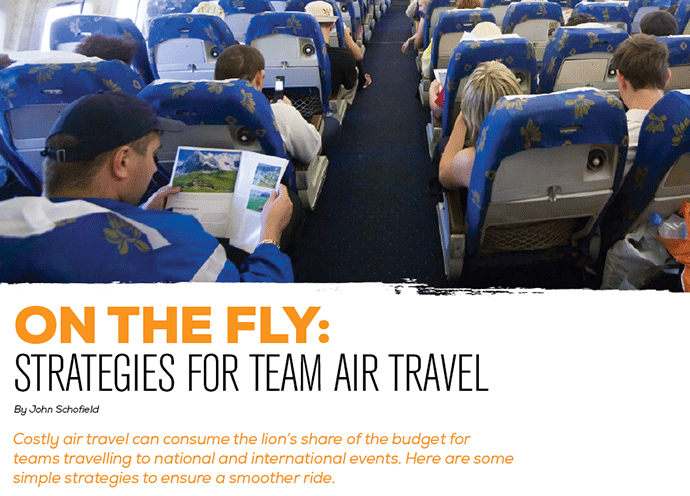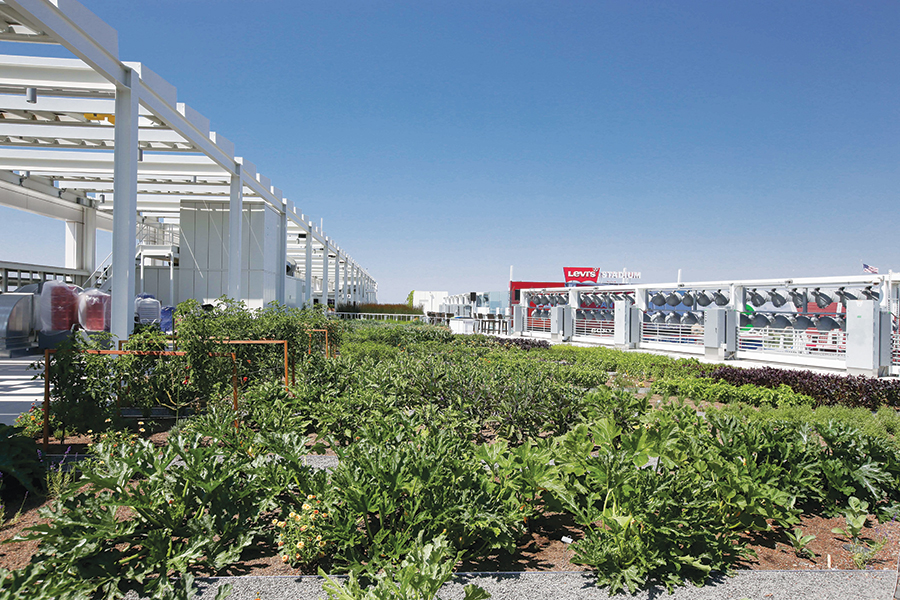How the organizing team is building on Vancouver and Whistler’s past Olympic success and solid Indigenous partnerships to reignite that magical spirit in 2025.
By Wendy Helfenbaum
INVICTUS GAMES 2025 BY THE NUMBERS
- 550 competitors representing more than 20 countries
- 2,000 volunteers
- 11 sports: Alpine skiing, snowboarding, indoor rowing, Nordic skiing, biathlon, sitting volleyball, skeleton, swimming, wheelchair basketball, wheelchair curling, wheelchair rugby
- 7 venues, including Whistler Olympic Park, Vancouver’s Hillcrest Centre and the Whistler Sliding Centre
Celebrating 10 years of offering recovery pathways for international wounded, injured and sick servicemen and women through sport, the Invictus Games are headed to Canada in 2025 for the first-ever winter edition. Co-hosted by the Four Host First Nations—Liĺwat7úl (Líĺwat), xʷməθkʷəy̓əm (Musqueam), Sḵwx̱wú7mesh (Squamish) and səlilwətaɬ (Tsleil-Waututh)—the Invictus Games Vancouver Whistler 2025 take place February 8-16.
The winning bid, filed on behalf of True Patriot Love (TPL)—Canada’s national foundation for veterans—leveraged Vancouver and Whistler’s Olympic Games hosting experience as well as the region’s ideal setting, says Robyn McVicker, chief operating officer and deputy CEO of the Invictus Games Vancouver Whistler 2025.
“We’re building on the incredible foundation of previous sport in Canada and specifically in Vancouver and Whistler, known for adaptive skiing, snowboarding, Nordic biathlon and skeleton, and for being accessible—[with] the legacy of the 2010 Olympic Paralympic Games— so we’re pretty thrilled,” says McVicker.
“Invictus is a time for these veterans to be supported and honoured, and for them to delve into sport as part of their recovery journey and their healing. It’s not as much focused on the elite competition as it is on good competition—most athletes compete in two or three events, which engages them throughout the 11 days of competition.”
“As Musqueam’s elected chief, it is an honour to represent my community and our ancestors who persevered through immense hardship and fought tirelessly to protect Indigenous Peoples’ inherent rights. Musqueam is excited to host Invictus Games 2025 in our territory and to share our culture and history with the world.” —Chief Wayne Sparrow (yəχʷyaχʷələq), Musqueam
THE POWER OF MEANINGFUL RELATIONSHIPS
2025 also marks 10 years since the Truth and Reconciliation Commission of Canada published its Calls to Action, which include five policy recommendations around sport to establish protocols for officials and host countries of international events that ensure Indigenous communities are engaged in planning and participation. The winter Invictus Games’ winning bid built upon some of the learnings from 2022’s first-ever Indigenous-led bid for the 2030 Winter Olympics, which cemented the importance of prioritizing the role Indigenous leaders play in planning and co-hosting sporting events in BC.
The 2025 Invictus Games highlight the shared journey of recovery through sport, notes McVicker. Indigenous leaders were an integral part of the Invictus bid, ensuring the Games would be developed and delivered with the support and at the welcome of the four Indigenous communities where the Games will be played, she adds. Chief Wilson Williams, spokesperson for the Squamish Nation, joined the bid team in England.
When the selection group from the Invictus Games Foundation arrived in Vancouver on their decision-making trip, they were greeted by the chief of Musqueam, his family and other sport-loving Musqueam band members, recalls McVicker.
“From the moment they met, everything was authentic. One of the amazing advisors from the Musqueam community held a dinner in her home for the bid committee to explain how Musqueam wants to be involved and what it means to the Indigenous communities. That helped set the tone,” she says. The four chiefs sit on the organizing committee’s board and a representative from one of the Nations ensures that decisions being made reflect their input, she adds.
“One of the advisors we worked with pre-bid, Johnna Sparrow from Connect Sports and Entertainment, told us, ‘This is not about reconciliation. It’s about reconciliaction: What we’re doing is actually changing things,’” says McVicker.
“The Invictus Games are an opportunity for us all to become family through the healing power of sport. Sḵwx̱wú7mesh Úxwumixw is thrilled to host the first winter Invictus Games alongside the Musqueam, Tsleil- Waututh and Líl̓wat Nations. The Games will showcase our territories and amplify our history and culture on the world stage. We honestly can’t wait until February 2025!” —Sxwíxwtn-Wilson Williams , Spokesperson and Councillor, Sḵwx̱wú7mesh Úxwumixw (Squamish Nation)
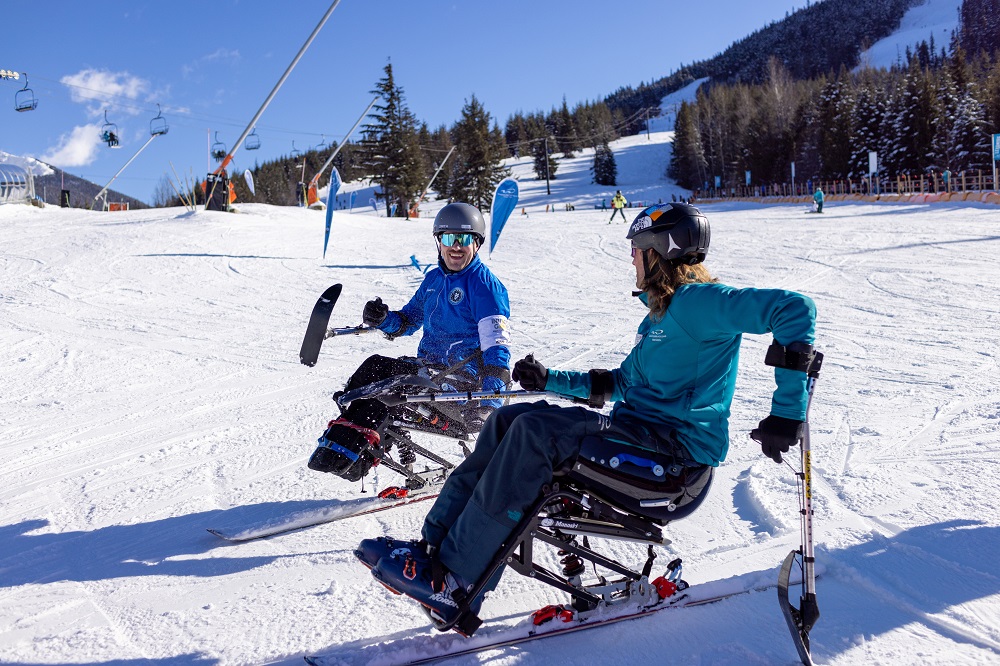
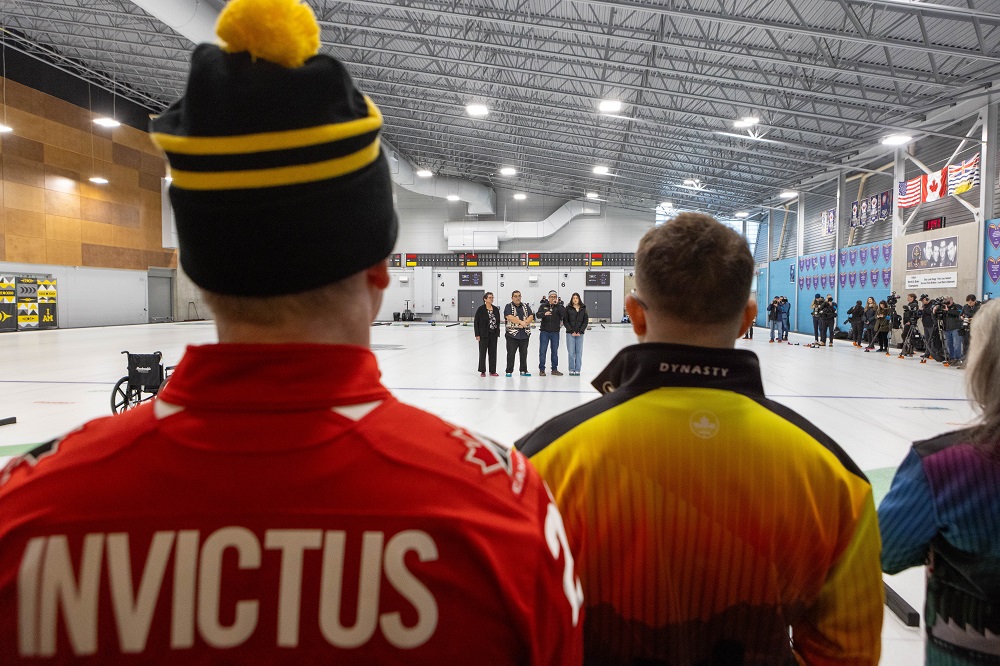
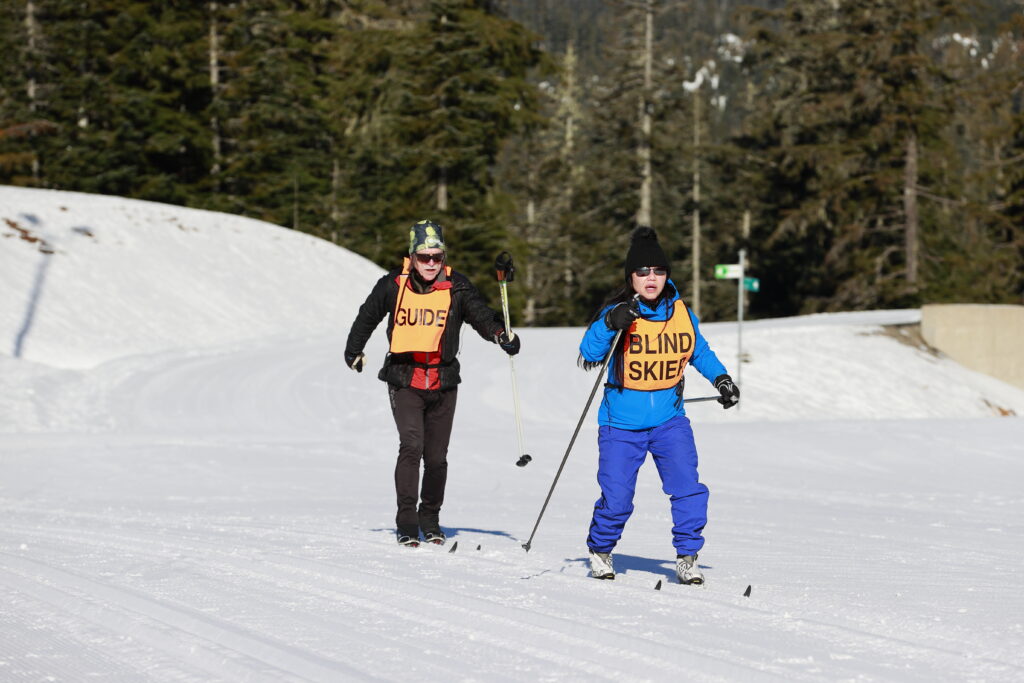
A FUTURE-FOCUSED LEGACY
In addition to the economic driver of 18,000 room nights to house the athletes and their families, the Games team intends to leave behind more than memories, says McVicker. First, there will be better access for anyone wanting to participate in winter sports.
“We’re working with Whistler Blackcomb/Vail Resorts—who are committed to advancing accessible winter sports—and the Rick Hansen Foundation, who are doing a full assessment and gap analysis of our venues to showcase how each can improve their accessibility,” she explains. “These are going to be lasting legacy items, whether it’s [changing] a door handle to investing in paved viewing areas for people in wheelchairs.”
Providing more sports equipment is also part of the plan. “While they’re training for Invictus, [veterans] have access to adaptive equipment, but there’s not a lot of it to go around, so through our partnership with British Columbia, they’ve made grants to local sport organizations for adaptive equipment that then will stay with those organizations,” she says.
EXTENDING IMPACTS BEYOND THE GAMES
Nick Booth, CEO of the True Patriot Love Foundation, says the focus is not only on delivering the best-ever Invictus Games but also extending the impact on the military and veteran community beyond February.
“This legacy will include the first inclusion of winter sports, veteran hiring, mental health support to families, a deep commitment to First Nations reconciliation and ensuring the 2025 Invictus Games are the most sustainable in history through the development of a social and environment measurement framework that all future Games will be able to access,” says Booth.
“Beyond the Games, TPL is committed to ensuring year-round adaptive sports programming is accessible to veterans—not only in British Columbia, but across Canada and internationally in other Invictus nations.”
True Patriot Love is conducting research on the impact of winter sports on post-service recovery for the military community, which will help guide future funding and programming decisions, he adds.
Typically, sporting events will have a transfer of knowledge. However, Invictus didn’t have systems in place for registration, volunteer management, timing and scoring results that could be used from Games to Games, explains McVicker, whose team is creating “Games in a Box” for future Invictus organizers.
A WINNING COMBINATION
McVicker notes the mix of seasoned and new team members has invigorated behind-the-scenes operations.
“Between 40% and 50% of our team has multi-games experience; they’re teaching and training new-to-theindustry individuals who get to learn from some of the best to build into their skillset, education and knowledge,” she explains.
“A handful of people coming directly from 2010 are involved in several venues, communications, transportation and logistics, and adaptive sport. It’s a beautiful group.”
LEVERAGING VOLUNTEERS FOR FUTURE EVENTS
Recruiting, training and retaining talented volunteers drives any successful event. Organizers worked with viaSport, BC’s amateur sports development body, to customize Rosterfy, an off-the-shelf software program to manage volunteers. More than 4,000 people signed up to volunteer for 1,800 spots.
“We’ve asked permission to share over 2,000 names with other BC sport organizations so they, too, can access these volunteers,” says McVicker.
McVicker also advises planners to understand timelines to build buzz. “That’s something we’re learning and working through; we know the market is interested, but instead of putting tickets on sale right away, we first announced our opening and closing ceremonies, asking 30,000 people to come to BC Place to help us honour and celebrate veterans in Canada who are fighting our wildfires and supporting families during floods,” she explains.
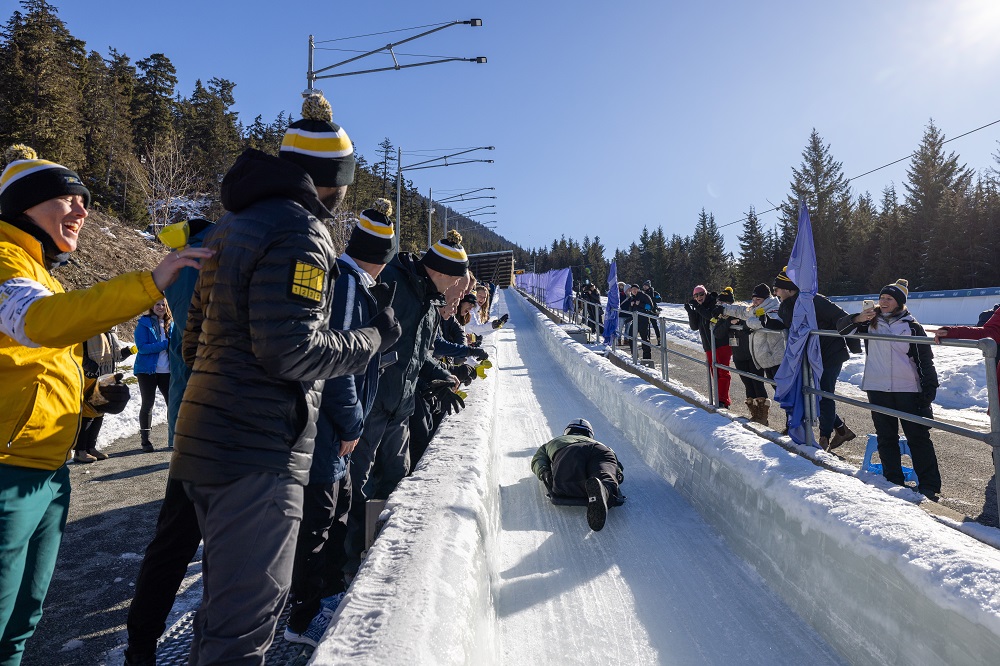
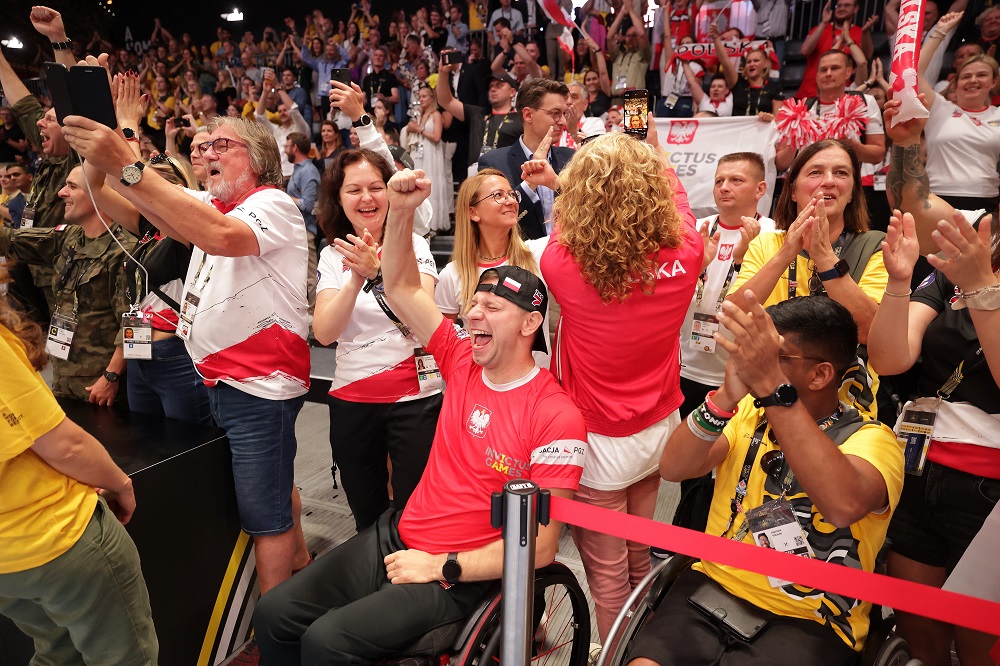
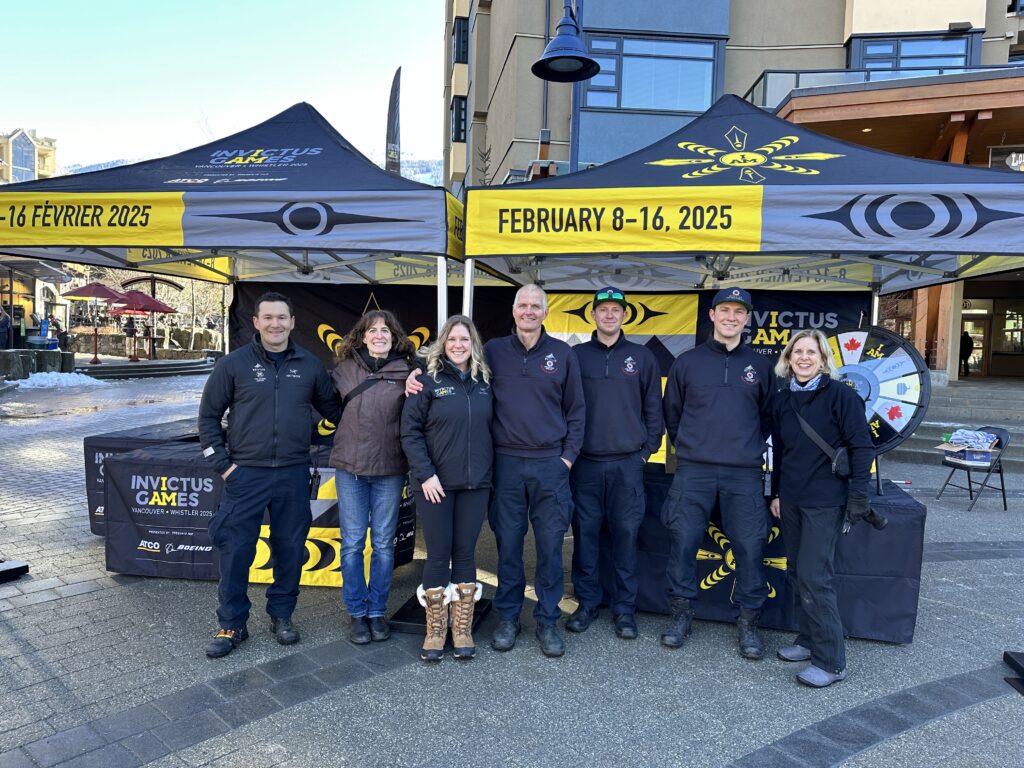
ANTICIPATING CHALLENGES
Moving about 2,000 athletes and family members during the event will be a big lift, predicts McVicker.
“Transportation is going to be critical and huge. We’re benefiting from 2010’s improved highway between Vancouver and Whistler that cut the drive down considerably, but because everybody’s staying in Vancouver, we’ll be transporting the entire Invictus family up to Whistler and back,” she explains.
“We have an incredible team pulling that together. Fleet is challenging to secure, because all cars need winter tires.” Staging a winter event also means organizers are dependent on the weather, which adds another layer of planning.
“We need to make sure everybody’s warm and covered all the time, and that they have waterproof gear. And we’re praying hard for lots of snow,” adds McVicker.
Speaking of snow, many Invictus participants have never seen any. The committee hosted a weeklong training camp in Whistler last February for participants, coaches and team managers so the athletes could become confident to compete in winter sports.
“Everybody learned how to ski, snowboard, do cross-country biathlon and skeleton, and it was awesome because the Duke [Prince Harry, Duke of Sussex] attended—he tried the sports himself and really connected with the group. You could see this is where he needs to be; these are his people. It was a really powerful moment for everybody,” says McVicker.
“For us, it ensured that our competitors were ready for the sport in 2025 and they went away with a training program they could then use, whether or not they had snow, for the year.” One Nigerian competitor named Peacemaker, an amputee who lost his leg, told Invictus CEO Scott Moore that skiing for the first time was the best day of his life.
“The next day, he tried skeleton and needed to remove his prosthetic. When we brought it down to him, he said, ‘I changed my mind; THIS is the best day of my life because with skeleton, all it takes is courage,’” recalls McVicker.
“This is what Invictus is about. We don’t even count the number of medals each country has. Often, people succeed just in showing up and getting off the blocks. This kind of support is what brought me here, and that’s what I’m excited about.”
Photos: PRP Productions; Jeremy Allen; Jeff Vinnick; David Young
Published October 2024

